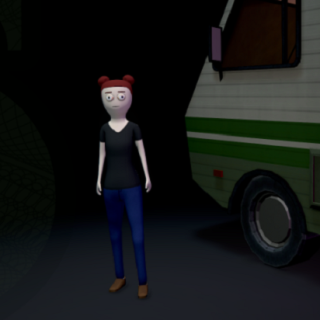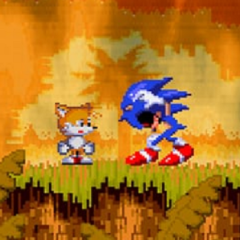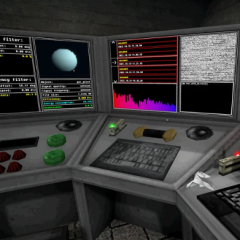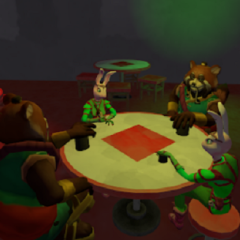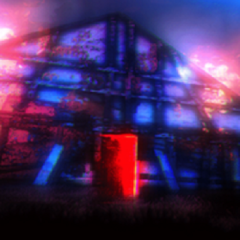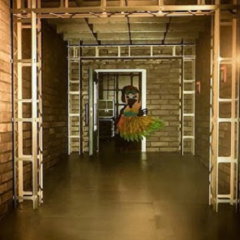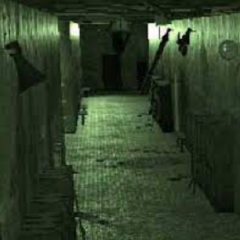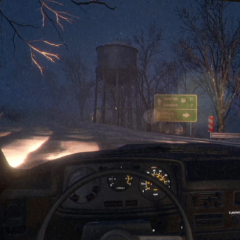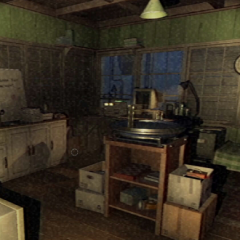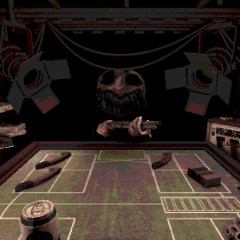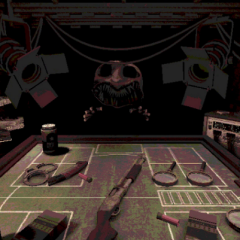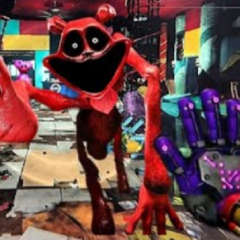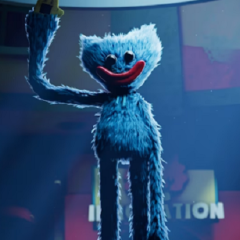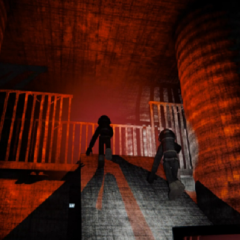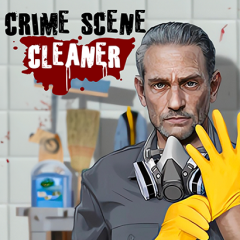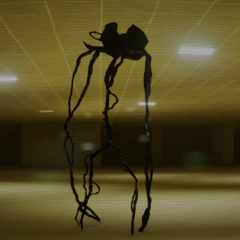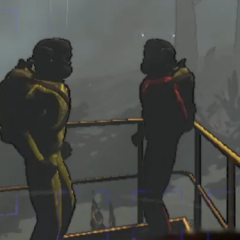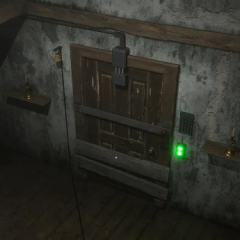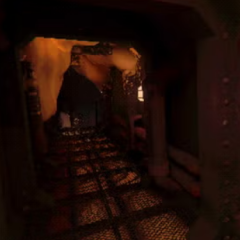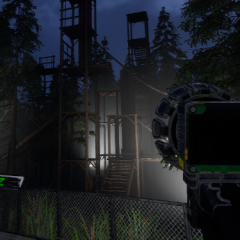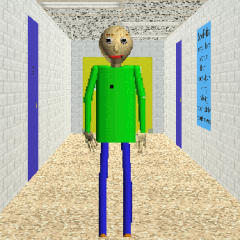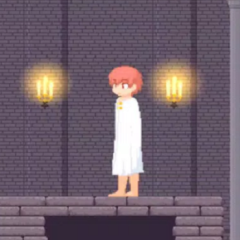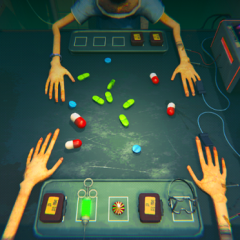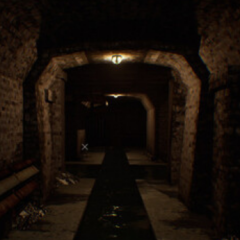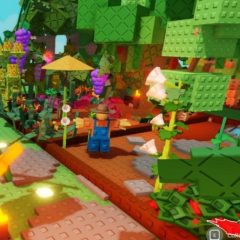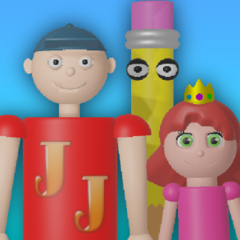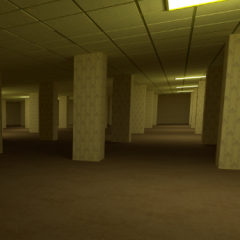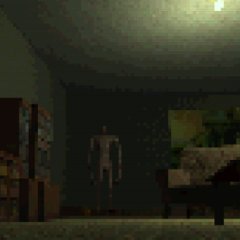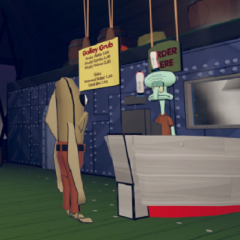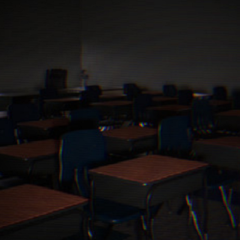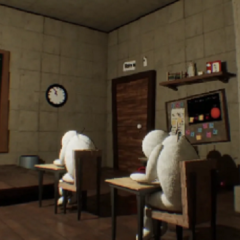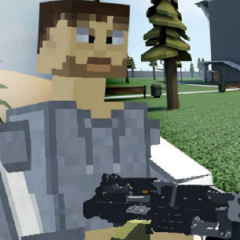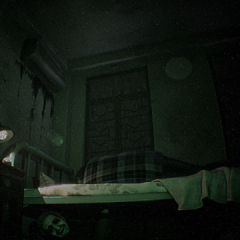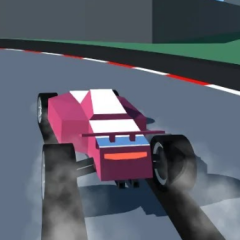Schedule I
Schedule I is a narrative-driven simulation game set in a fictional city plagued by underground trade and shifting power dynamics. Players begin their journey as a small-time operator entering a community where opportunities and risks grow side by side. With limited resources and no allies, the player must slowly carve out a path through a landscape shaped by law enforcement, rival factions, and changing public attitudes. The game emphasizes decision-making, consequences, and the cost of ambition.
Establishing a Network
To survive and grow, players must identify key areas for expansion, learn the city’s layout, and connect with the right individuals. The environment is interactive, featuring neighborhoods with their own rules, dangers, and economic conditions. Activities include scouting locations, building production systems, and handling distribution. There is no single approach to success, as different strategies yield different risks and rewards. Movement through the city plays a major role in managing time and exposure to danger.
Core Mechanics and Systems
The gameplay blends resource management with personal interaction. Conversations, deals, and surveillance become part of the routine. The player must also maintain their equipment, hide operations from authorities, and keep their crew under control. Every choice carries long-term consequences.
Important systems include:
· Urban exploration with multiple travel methods
· Inventory and logistics for supply flow
· Dialogue branches that affect alliances
· Financial tracking for expenses and profits
· Tension levels that influence law enforcement presence
Climbing the Ladder
As the operation expands, so do the challenges. Authorities begin to adapt, and rival groups take notice. Managing growth means investing in infrastructure and making ethical decisions about trust and betrayal. Some missions require stealth, while others involve negotiation or rapid reaction. The city begins to change around the player’s presence, with altered behavior from NPCs and new story developments unlocking based on actions taken.
A City That Reacts
Schedule I creates a world that feels dynamic and reactive. Player behavior doesn’t just influence immediate outcomes—it changes how the narrative unfolds. Characters evolve based on how they are treated, and the city itself becomes more or less hostile over time. Whether the goal is quiet influence or total domination, players are left with a system that mirrors their choices. Each run through the game offers a different look at the pressures, possibilities, and price of survival in a world without guarantees.
